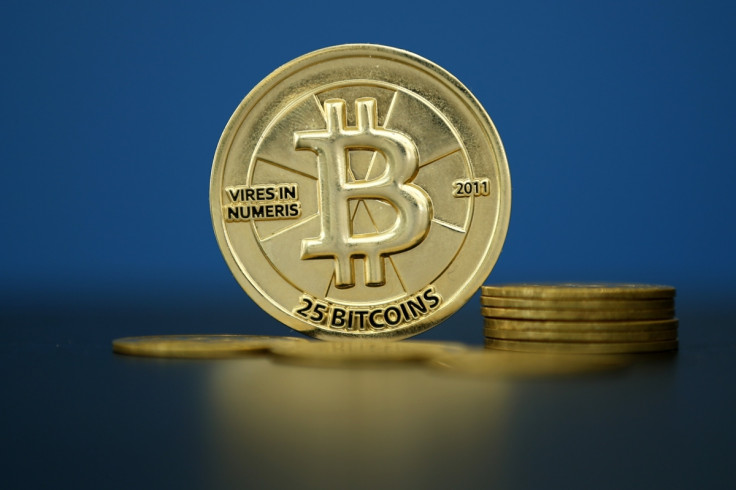Bitcoin experts compare private blockchains to internet's early 'walled gardens'

People often make a comparison between Bitcoin and the growth of the internet: to begin with early technology adopters embraced it; later its renegade reputation led to a vogue for walled gardens and closed networks for corporate use.
This comparison was invoked by Paul Gordon, CEO Quantave, at a recent panel session entitled "The Future of Money" at Linedata Exchange London 2015. He was joined on the panel by Nicolas Cary, co-founder of Blockchain.info, and James Smith, CEO Elliptic.
Gordon said: "The early days of the internet was like this scary thing, all gambling and porn and you couldn't even transact on there. And then nice walled gardens came along and made everyone quite comfortable with it, which may be like banks and financial institutions are doing now. But it kind of misses the point. The idea of the web and the internet is supposed to be open to everyone."
The analogy concerns the surge of interest banks have now taken in private blockchains. Recently some 22 banks joined the R3 initiative to arrive at common standards for a private distributed system.
Smith said: "There have been some well publicised groups of banks coming together under a company called R3 and what they are looking at is setting up completely private networks. I think it's unclear - unclear to them - what they going to do exactly.
"The banks that are currently in the project each have some responsibility for processing transactions and that's part of their contribution to the network. For a global system like Bitcoin there is a financial incentive; for these closed networks it's probably going to be a legal incentive. I don't massively believe in those things. They may find out the real benefit is in global networks like Bitcoin."
Smith pointed to projects built on top of the Bitcoin network: Everledger, the diamond tracking service; Nasdaq, which is doing something on top of Bitcoin; and Digital Asset Holdings is also putting other assets on top of Bitcoin.
He said one way of achieving this was by using coloured coins. "That basically means you take a tiny piece of Bitcoin that's worth essentially nothing and you say alright let's now not call it a piece of currency, let's say that tiny token represents one IBM share, and when I move it to you, you now own the IBM share.
"They can do that in a sort of private way that sits on top of this global open blockchain. That's interesting in that you can have people doing their own little projects that all sit on top of this global blockchain and then they connect together and you still get the power of this global network. To me that's how it's similar to the internet."
Cary said he could see no difference between a private blockchain solution for banks and a big Oracle database.
Regarding the future of Bitcoin he said: "I think what's really interesting about this technology is that it doesn't necessarily fit so conveniently in a box - it's kind of a canvas.
"And Bitcoin doesn't necessarily have to be successful everywhere: it may not become the global currency that I hope it will achieve at some point. But imagine that if it just takes 10% all online ecommerce, because it's a faster more secure payment method that gives merchants 100% of the value of the transactions.
"There is no payment network on earth that can compete with that. So I do think over time it will continue to earn more market share in online commerce. What if it takes 15% or 20% of the global remittance market, which is estimated by the World Bank at $500bn.
"There you have got the ability to send value across borders instantly, again basically for free. Someone with a smartphone can download an application on their phone that replaces a retail banking relationship - that's pretty powerful.
"You combine that with maybe high net worth individuals deciding that this technology is just crazy enough to invest just a little bit of their portfolios in, and they put 1% of their net worth in this.
"Any one of those scenarios, if any one of them becomes true, then the value of Bitcoin will have to be hundreds of billions of dollars. So I think it's important to note that there's not like one exit strategy."
Smith summed up by saying: "In the future I see a public blockchain - whether that's Bitcoin or some other open one in the future, which is a way of registering ownership of all sorts of assets and it's a way of transferring ownership of those assets in a single system that can be read by all of the right people and none of the wrong people.
"So it becomes very simple for me to swap my dollars for your IBM shares, or your pounds for my house. Any asset that we assign value to and want to be sure about who owns it can be registered using this technology."
© Copyright IBTimes 2025. All rights reserved.






















